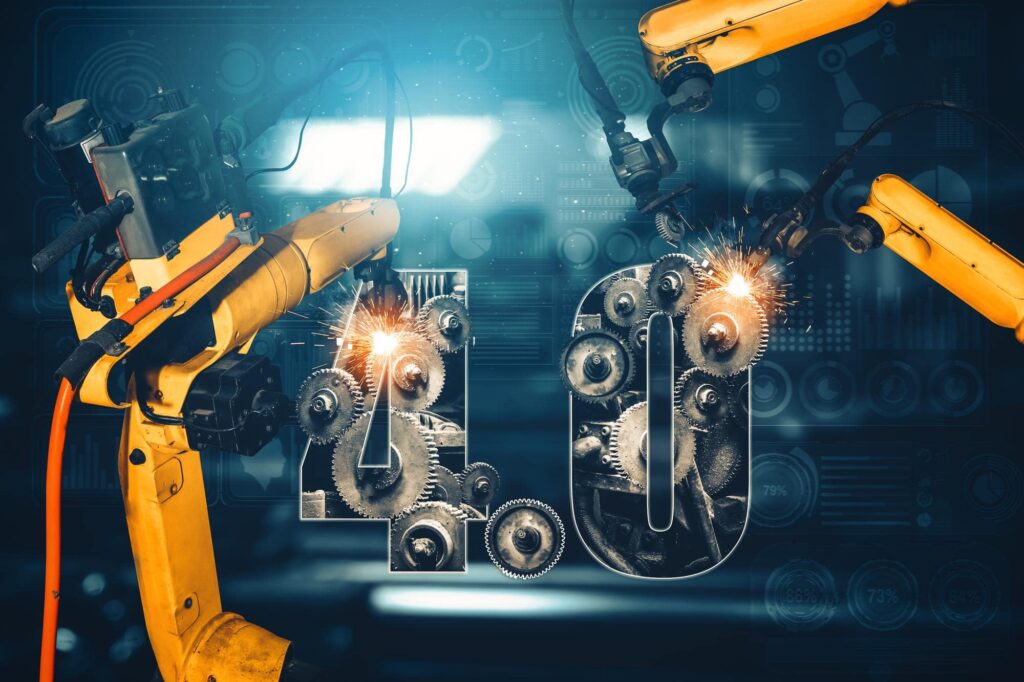Industry 4.0, considered the final stage of industrial revolutions, increases efficiency by digitizing production processes. Smart factories, the internet of things (IoT), artificial intelligence and big data analytics are revolutionizing modern production facilities. So, how does this transformation provide advantages to businesses?
The Effect of Digitalization on Production:
Thanks to Industry 4.0, production processes are becoming faster, more efficient and error-free. Smart sensors monitor production lines in real time and enable immediate detection of problems. This reduces downtime and increases quality.
Automation and Robotic Solutions:
Many processes based on human power in traditional production processes are now performed by robots. Robotic automation systems provide great advantages in production areas that require speed and precision. Robots, especially used in machining, welding and assembly lines, reduce costs by optimizing the workforce.
The Future of Industry 4.0:
Artificial intelligence and machine learning-supported production systems will make production processes more predictable and flexible in the future. For example, thanks to predictive maintenance systems, machines can be repaired before they fail, thus ensuring continuity in production.
Conclusion:
Industry 4.0 offers great opportunities not only for large manufacturers, but also for businesses of all sizes. Companies that adapt to digital transformation can gain a competitive advantage and move forward with stronger steps into the future.

